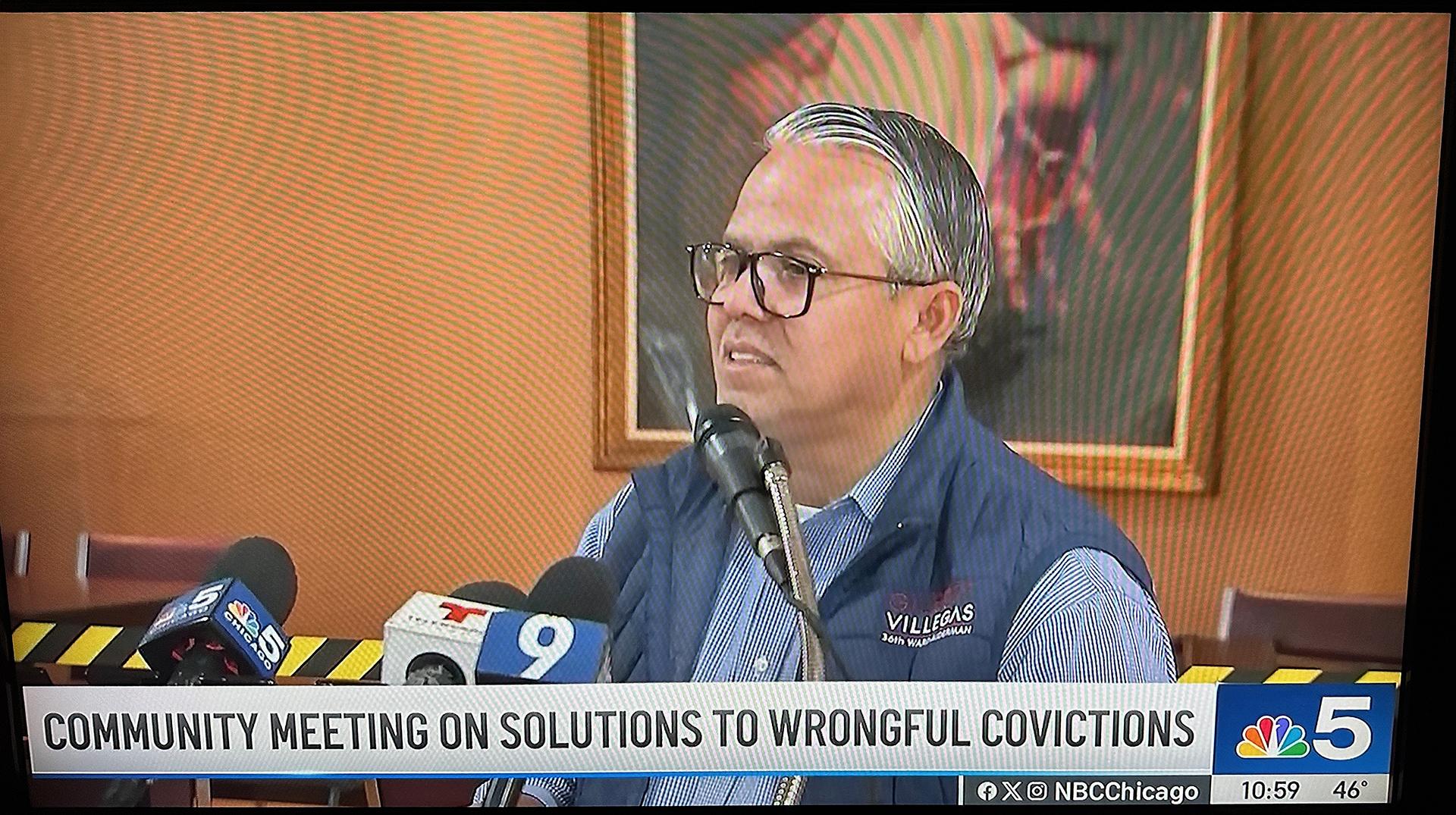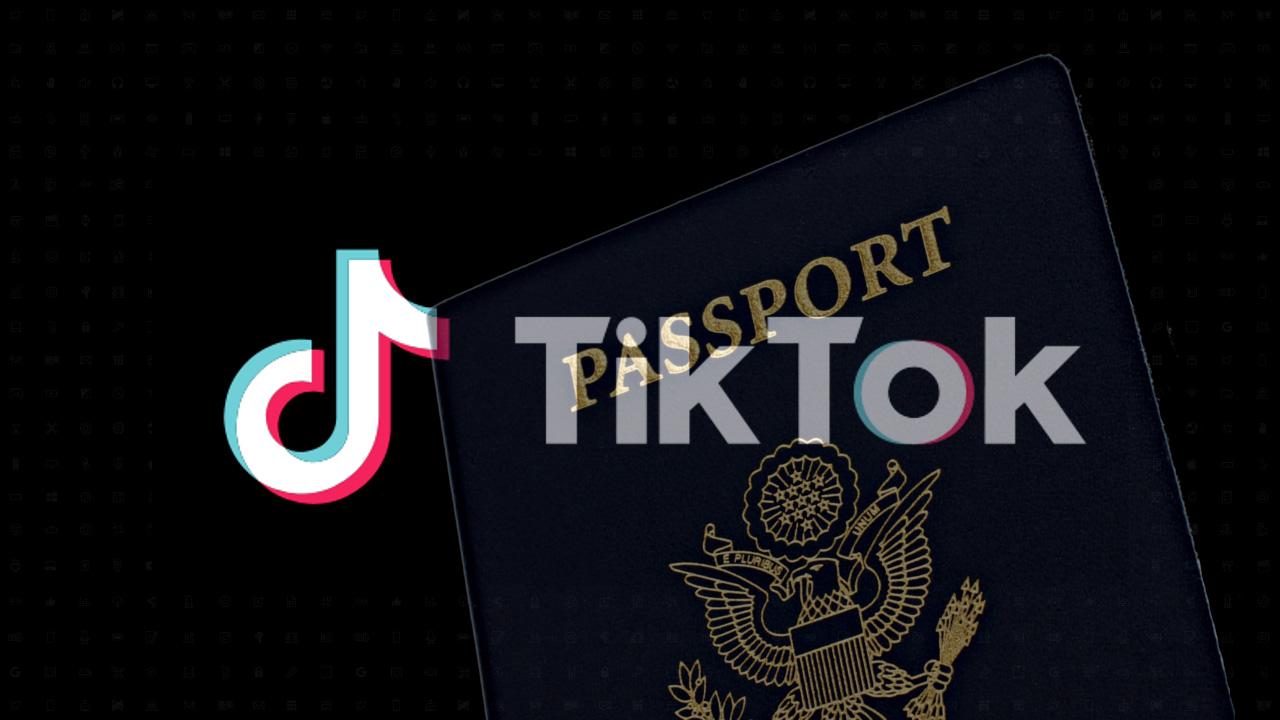Israeli cabinet set to vote on Hamas cease-fire deal after initial delay over 'last-minute crisis'
Israel and Hamas reached a cease-fire agreement on Wednesday, the White House said, but a day later Israel says it's facing a 'last-minute crisis.'
AP Photo/Ariel Schalit
- Israel and Hamas reached an agreement Wednesday on a deal meant to halt 15 months of fighting.
- The White House confirmed that a cease-fire agreement was in place.
- Israel's cabinet is expected to vote on approving the deal on Friday.
After more than 15 months of fighting, and with tens of thousands dead, the White House announced Wednesday that Israel and Hamas had reached an agreement on a cease-fire.
Israeli Prime Minister Benjamin Netanyahu said his cabinet would convene on Friday to vote on whether to ratify the deal.
"Prime Minister Benjamin Netanyahu has been updated by the negotiating team that agreements have been reached on a deal for the release of the hostages," a spokesperson for Netanyahu's office said in a statement to Business Insider on Thursday evening.
The vote was initially to be held on Thursday, but the meeting was delayed when Netanyahu accused Hamas of creating a "last-minute crisis."
"Hamas has reneged on parts of the agreement reached with the mediators and Israel in an effort to extort last-minute concessions," David Mencer, a spokesperson for Netanyahu's office, had said of the initial delay.
Netanyahu's latest statement indicates that negotiations have now resolved the crisis mentioned by his office.
A top White House official said at the time that the Biden administration had still expected the deal to proceed as planned.
"We're aware of these issues and we are working through them with the Israeli government, as well as other partners in the region," John Kirby, the National Security Council spokesperson, said in a statement shared with BI.
"We are confident these implementing details can be hammered out and that the deal will move forward this weekend," he said.
Hopes for a deal to end the fighting and free the hostages
The agreement, expected to be a major breakthrough in the Middle East conflict, is meant to halt the bloodshed and facilitate the release of some of the remaining hostages. AP Photo/Oded Balilty
"At long last, I can announce a cease-fire and a hostage deal has been reached between Israel and Hamas," President Joe Biden said in a televised announcement Wednesday afternoon.
In a written statement, he said the deal would stop the fighting in Gaza, surge much-needed humanitarian assistance to Palestinian civilians, and reunite hostages with their families. Hours later, Israeli strikes reportedly killed dozens of Palestinians in Gaza.
On October 7, 2023, as part of a Hamas-led terror attack against Israel, Hamas and other militants kidnapped 251 people from Israel and killed around 1,200 across the country.
Hamas and its allies still hold 98 hostages, an Israeli government spokesperson said Tuesday, though at least 34 of them are thought to have died in captivity.
How the cease-fire agreement could be implemented
The deal, if formally approved, is set to include multiple phases.
The first stage is expected to include 33 hostages — most of whom are alive — released on "humanitarian" grounds, an Israeli spokesperson told reporters at a briefing. This will consist of women, children, older people, as well as hostages who are sick. AP Photo/Leo Correa, File
When asked how many Palestinian prisoners Israel was willing to release in exchange, the spokesperson said that the country "is prepared to pay a heavy price, in the hundreds."
The Israeli military confirmed that it's preparing for the return of the hostages. On Wednesday, Qatar's prime minister said the deal would go into effect Sunday.
Biden, flanked by Vice President Kamala Harris and Secretary of State Antony Blinken, had told reporters that the first phase of the deal included a full cease-fire. If ratified, it's expected to last six weeks and includes the withdrawal of Israeli forces from all the populated areas of Gaza.
A second phase, which is still being worked out, would see a "permanent end" to the war, Biden said.
The president added that this phase would include the release of the remainder of the living hostages, with the rest of the Israeli forces withdrawing from Gaza.
In the third phase, any remains of hostages who have been killed would be returned to their families, and a major reconstruction plan would be set in motion for Gaza. AP Photo/Tsafrir Abayov
To date, 117 hostages have been returned alive to Israel, including 105 freed as part of a prisoner exchange in November 2023.
The cease-fire deal intends to end the brutal conflict, which has seen large areas of Gaza destroyed and left the militant group severely battered. The Hamas-run health ministry says Israel's military offensive in the coastal enclave has killed more than 46,000 people. It does not distinguish between civilians and combatants.
Negotiations for a cease-fire deal have been ongoing for many months, but news that Israel and Hamas were close to reaching an agreement emerged earlier this week, hinting that, at last, there could be movement.
President-elect Donald Trump said his victory in November directly contributed to the deal coming to fruition. "We have achieved so much without even being in the White House," he wrote in a post on his Truth Social platform.



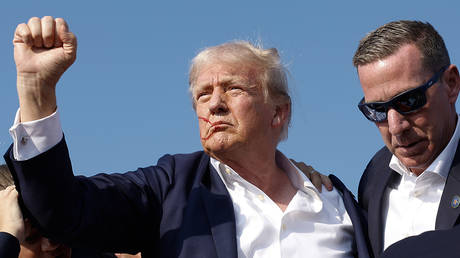

















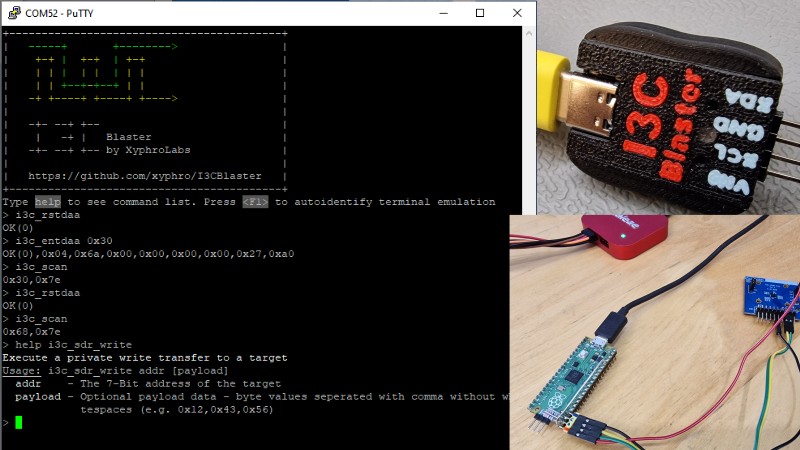
/cdn.vox-cdn.com/uploads/chorus_asset/file/25829976/STK051_TIKTOKBAN_B_CVirginia_B.jpg)





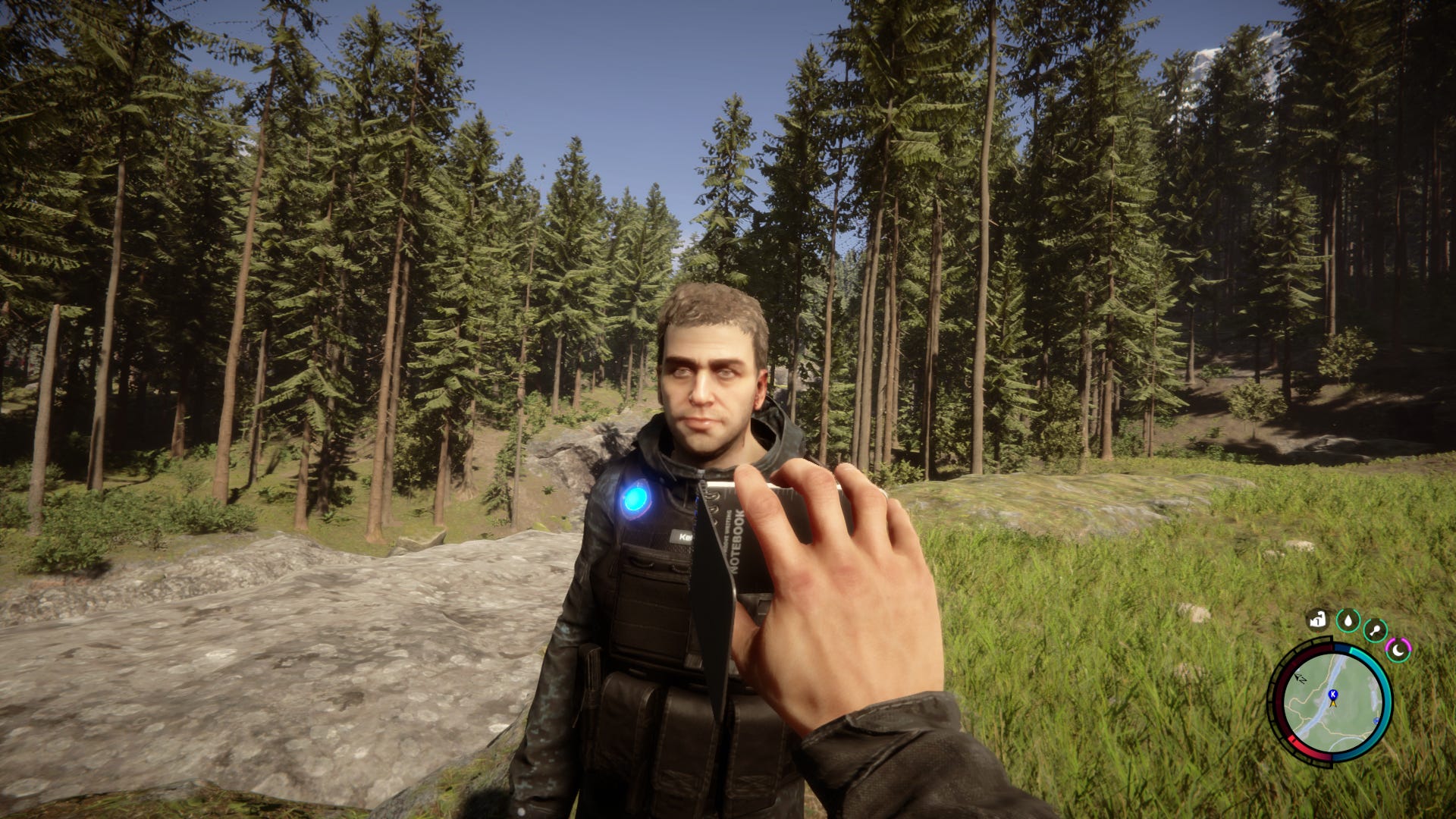







/cdn.vox-cdn.com/uploads/chorus_asset/file/24435316/STK150_Bing_AI_Chatbot_02.jpg)









